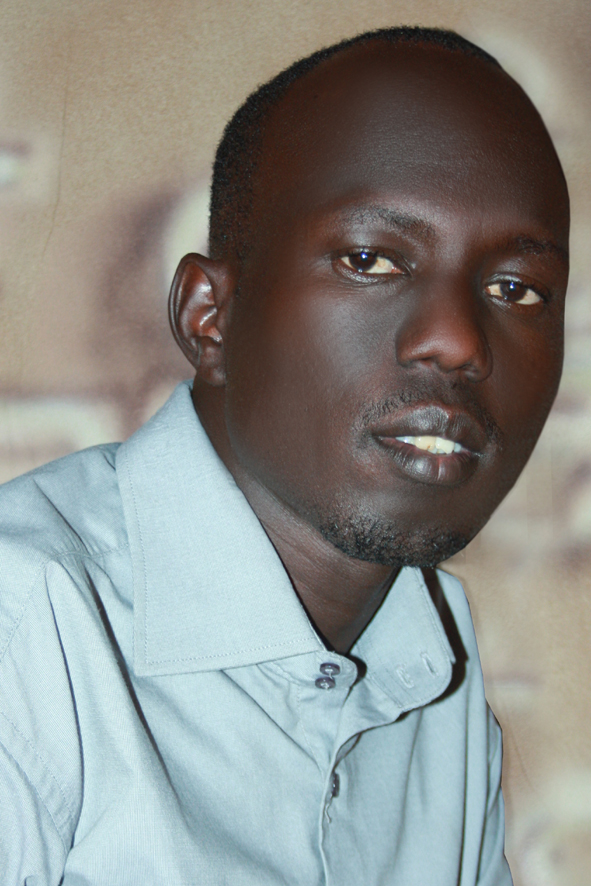If history is any thing to go by, then the Republic of South Sudan’s independence will go down in the record as the most celebrated event in the modern era. Historians will remember that it can be only compared with 1957 Ghana independence, when that country became the first in Africa to attain independence under colonial rule.
BY MICHAEL THON MANGOK
DesignationColumnist
The excitement, jubilations and enthusiasm that were expressed at Dr. John Garang mausoleum on 9th of July were only seen at Freedom Square in 1957, when Ghana celebrated her independence.
What lesson can south Sudan learn from the independence of her fellow African countries? From the experience of Ghana, Kenya, Uganda, Congo and Botswana, among others, South Sudan will have a choice to make on how to operate based on the experience of the above countries.
When Ghana achieved her independence in 1957 it was a new dawn in Africa and there was optimism that the whole continent would be free. Ghana had a lot of resources, but cocoa was the leading commodity, the way south Sudan has oil. When the new government started operating, the economy was booming but it soon collapsed due to fluctuation of cocoa on the world market. They too had a problem of leadership when Kwame Nkrumah was seen as more of African than Ghanaian because of his Pan African vision. A coup occurred and Ghana went down her knees.
Our neighbor Uganda was first faced with the constitution problems; when the country’s leader and Prime Minister Milton Obote and his figurehead President Kabaka Mutesa II started struggling for power, the constitution was over thrown in 1966.
Although Uganda had a better institution of learning in Makerere University, it didn’t have skills in managing the country’s economy. This gave foreigners, such as those from India, an upper hand to manage local industries leading to failure of economy.
Kenya started with one party system of government when KANU and KADU came into one. Jomo Kenyatta’s slogan of Harambee (pulling together) became a national motto. But it never lasted as the elite class began to form a group called Camrado. They took land and began to be the masters of their subjects. Those who opposed the vice were eliminated on the ground that they were the enemies of freedom. The rivaling ideology of socialism and capitalism was the major challenge to the economy growth.
Asian Tigers are the most successful economies in the third world. In 1960s Kenya and Uganda GDP was greater than that of South Korea, Singapore and Malaysia, but today GDP of each of them is ten times than that of Kenya or Uganda.
But Botswana shocked the world. The country that got independence with only 53 university graduates — a number so small that my payam has more. Botswana comfortably became so successful in two decades.
Principles of economic policy were observed with discipline. Effective institutions, appropriate policy responses, and functioning shock-absorbers – working together were responsible for the outcome
The development of the Bank of Botswana’s ability to absorb the excess liquidity through the money as drought, did not generate significant domestic price responses. At the same time it had a reasonably stable market and positive real interests rates followed. The emerging capital market was not perturbed by swings in either Government’s fiscal balance or private sector operating surpluses. The fixed exchange rate policy, for its part, meant that the bulk of the disturbances to the balance of international payments were absorbed by changes in the foreign exchange reserves, while keeping tradable prices in line with world markets.
South Sudan will need to follow the glory of Botswana. The young nation in the continent is the only country with the largest wetland in the world. South Sudan can produce large volumes of food that can feed Africa. making it easy to achieve the Millennium Development Goal number one, which is food security.
RSS has adopted the decentralized system of government and must ensure investor confidence to open up industries and employment of the locals. Training of local human resource rather than depending on foreign expertise will be prerequisite for the new Republic.
Building of institutions, effective fiscal policies and implementation of these policies will be the huge task of the RSS if it is to go the Botswana road. A lot of discipline will be required on how these policies are put into action without interference from other sectors, and all the institutions will have to work together.
South Sudan promises herself and rest of the world that managing diversity would be the strength of the newest country and will give her a new technique to overcome what has made many Africans countries fail. Hence it would become successful as Botswana.
As South Sudan looks forward to building a viable state with vibrant economy, it has the experience of Ghana in depending on one commodity, Uganda’s constitutional mischief, Kenya’s comrados group, Congo’s dilemmas of capitalism and socialism, and Botswana’s economic policies, to learn from.
RSS will have a choice to make, and as she does so she will need to remember old English saying, “Experience is the best teacher but fools will learn in no other”
The author, a journalist and social critic, can be reached at kochadit@gmail.com




